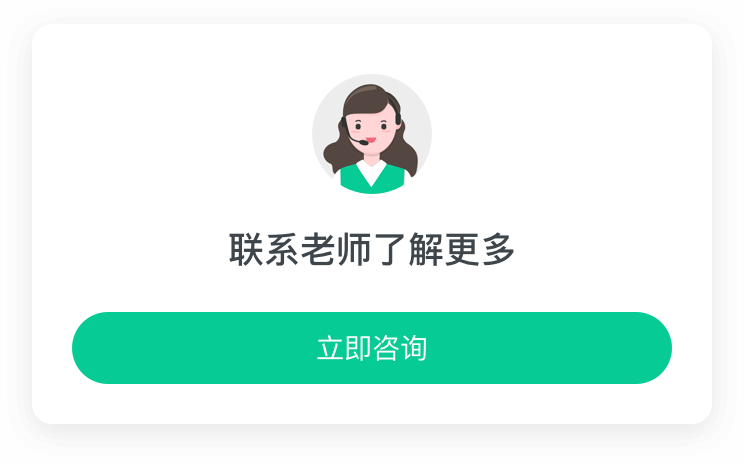最后的演講:父母的獎賞 (4/6)
來源:滬江聽寫酷
2011-09-20 20:13
Randy Pausch是美國卡內基梅隆大學的計算機科學、人機交互及設計教授。2006年9月,他被診斷患有胰腺癌。2007年9月18日,他在卡內基梅隆大學做了一場風靡全美的“最后的演講”,根據(jù)這次演講,他出版的“The Last Lecture”一書則成為亞馬遜網(wǎng)站上最為暢銷的書籍之一。Randy教授所傳達的訊息之所以如此震撼人心,是因為他以誠懇、幽默的態(tài)度去分享他獨特的經(jīng)驗。他談的不是死亡,而是人生中的重要議題,包括克服障礙、實現(xiàn)兒時夢想、幫助別人實現(xiàn)夢想、把握每一個時刻……
Hints:
cockiness
precocious
PhD
chemotherapy
Hints:
cockiness
precocious
PhD
chemotherapy
Lately, I find myself quoting my dad even if it was something he didn't say. Whatever my point, it might as well have come from him. He seemed to know everything.
My mother, meanwhile, knew plenty, too. All my life, she saw it as part of her mission to keep my cockiness in check. I'm grateful for that now. Even these days, if someone asks her what I was like as a kid, she describes me as "alert, but not terribly precocious." We now live in an age when parents praise every child as a genius. And here's my mother, figuring "alert" ought to suffice as a compliment.
When I was studying for my PhD, I took something called "the theory qualifier," which I can now definitively say was the second worst thing in my life after chemotherapy. When I complained to my mother about how hard and awful the test was, she leaned over, patted me on the arm and said, "We know just how you feel, honey. And remember, when your father was your age, he was fighting the Germans."
After I got my PhD, my mother took great relish in introducing me by saying: "This is my son. He's a doctor, but not the kind who helps people."










